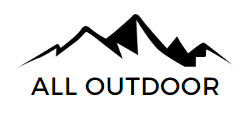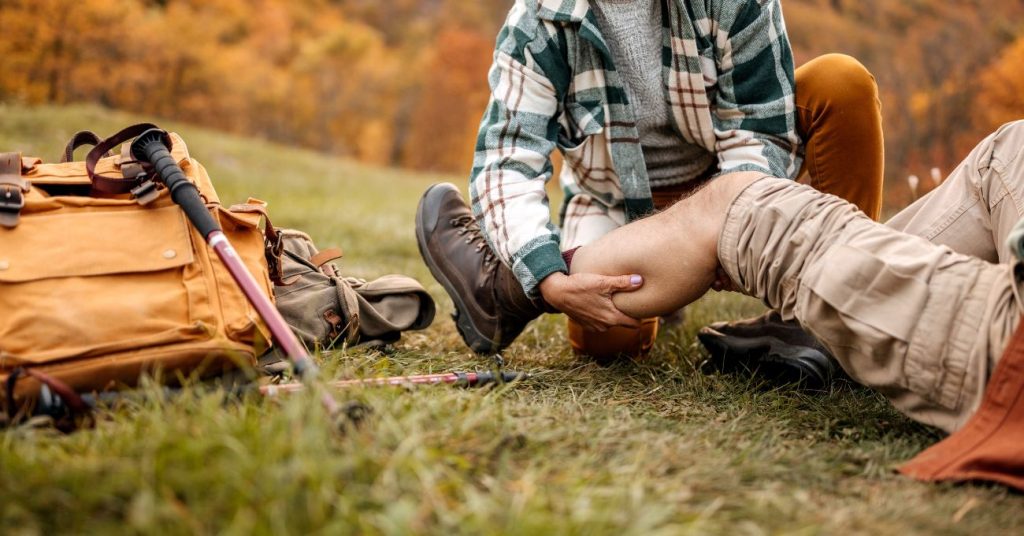Camping is a popular way to connect with nature and unwind from the daily grind. However, it’s important to be prepared for emergencies that may occur while you’re in the great outdoors. Whether you’re camping in the Rocky Mountains or the forests of the Pacific Northwest, a first aid kit and some basic knowledge can go a long way in ensuring your safety.
What to Include in Your First Aid Kit
Your camping first aid kit should be compact but comprehensive. Here are some essentials you should not leave home without:
- Adhesive bandages of various sizes for minor cuts and scrapes.
- Sterile gauze pads and adhesive tape for more severe wounds.
- Antiseptic wipes or solution for cleaning wounds.
- Pain relievers like acetaminophen or ibuprofen.
- Tweezers for removing splinters or ticks.
- Scissors for cutting tape, gauze, or clothing.
- Aloe vera gel for treating burns.
- Hydrocortisone cream for skin irritations and insect bites.
- Antihistamines for allergic reactions.
- EpiPen if you are susceptible to severe allergic reactions.
- Rehydration salts for heat-related issues.
- Snake bite kit if you’re camping in snake-prone areas.
- Thermometer
- Space blanket for warmth.
- Basic first aid manual or instruction booklet.
Basic First Aid Procedures
Cuts and Scrapes
- Wash your hands if possible before treating any wound.
- Clean the affected area with antiseptic wipes.
- Apply an adhesive bandage or sterile gauze and secure with tape.
Burns
- For minor burns, cool the area under cold water for at least 10 minutes.
- Apply aloe vera gel to soothe the skin.
- Do NOT apply ice or any greasy substances like butter.
Insect Bites and Stings
- Remove the stinger with tweezers if applicable.
- Wash the area with soap and water.
- Apply hydrocortisone cream to reduce itching and inflammation.
Snake Bites
- Call emergency services immediately.
- Keep the affected limb immobilized and elevated.
- Do NOT cut the wound or attempt to suck out venom.
Heat-Related Illnesses
- Move to a cooler location.
- Hydrate with water or rehydration salts.
- Seek medical attention if symptoms persist.
Wilderness Considerations
In remote areas, getting professional medical assistance might be challenging. If you’re heading into the backcountry:
- Know your location: Be aware of your surroundings and know how to provide directions in case of emergency.
- Satellite phone or emergency beacon: Traditional cell phones may not have service in remote areas.
- Extra Supplies: Carry enough first aid supplies considering the duration and remoteness of your trip.
Conclusion
A well-prepared first aid kit is an essential component of any camping trip, but knowledge and common sense are equally important. Know the basics of first aid and be aware of your surroundings to ensure a safe and enjoyable outdoor experience.

